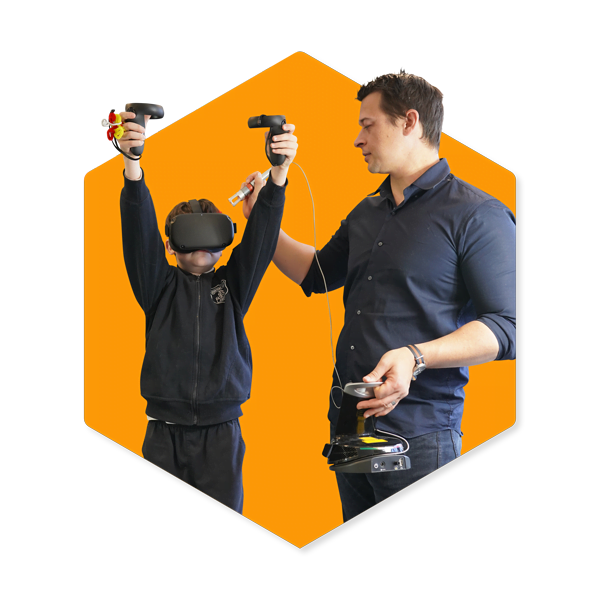Reading is more than understanding words on a page; it’s an intricate dance of neural circuits, eye movements, and attention. For those with ADHD, this dance can be even more complicated due to a persisting primitive reflex – the Asymmetrical Tonic Neck Reflex (ATNR).
What is the ATNR?
Developed in utero, the ATNR aids in the birthing process and serves early developmental milestones. When an infant turns its head to one side, the arm on that side straightens while the opposite arm bends. This reflex starts diminishing around six months, but in some cases, it can persist, leading to certain challenges in older children and adults.
ATNR and Eye Control
One of the primary areas impacted by a retained ATNR is eye control. Efficient reading requires the eyes to move smoothly from left to right across a page. However, a retained ATNR can impede this coordinated movement, making the scanning of lines laborious.
The Vestibular System’s Role
A robust vestibular system underpins good eye movements. When the ATNR lingers, it suggests the vestibular system might not have fully matured, making reading not only slow but also exhausting. A poorly functioning vestibular system can strain the eyes, leading to difficulties in focusing and tracking words, further exasperating reading difficulties.
ADHD, ATNR, and Reading
ADHD individuals often exhibit challenges in attention and reading. Research suggests a significant correlation: up to 80% of ADHD patients exhibit a retained ATNR reflex. This high prevalence indicates the role of ATNR in exacerbating reading and attention challenges commonly seen in ADHD.
ATNR Exercises for Improved Reading
Thankfully, specific exercises target the ATNR reflex, helping integrate it and thereby improve reading capabilities. These exercises often involve cross-lateral movements and can be performed under the guidance of professionals trained in neuro-rehabilitation. As the ATNR diminishes, reading speed, accuracy, and comprehension often improve, alleviating one layer of challenge for ADHD individuals.
In Conclusion
A retained ATNR doesn’t just impact physical movements; it holds implications for cognitive processes like reading and attention, especially in ADHD individuals. Through targeted exercises and interventions, one can address this root issue, paving the way for improved reading skills and attention spans.
If you’re seeking expert advice or require more detailed information, don’t hesitate to get in touch with Dr. Eric Hansen from Brain and Body Health. With his vast experience, Dr. Hansen has worked with countless families and children with ADHD. His expertise lies in enhancing their quality of life through dedicated neuro-rehabilitation strategies, including the integration of primitive reflexes.


